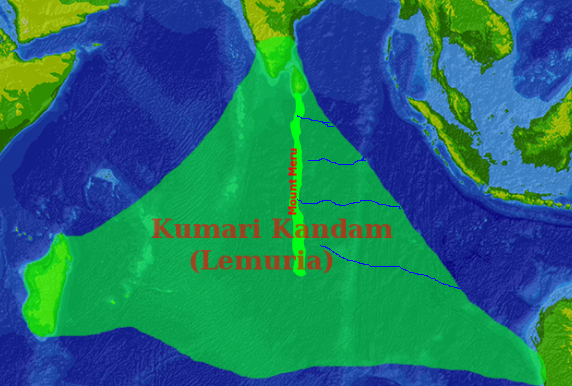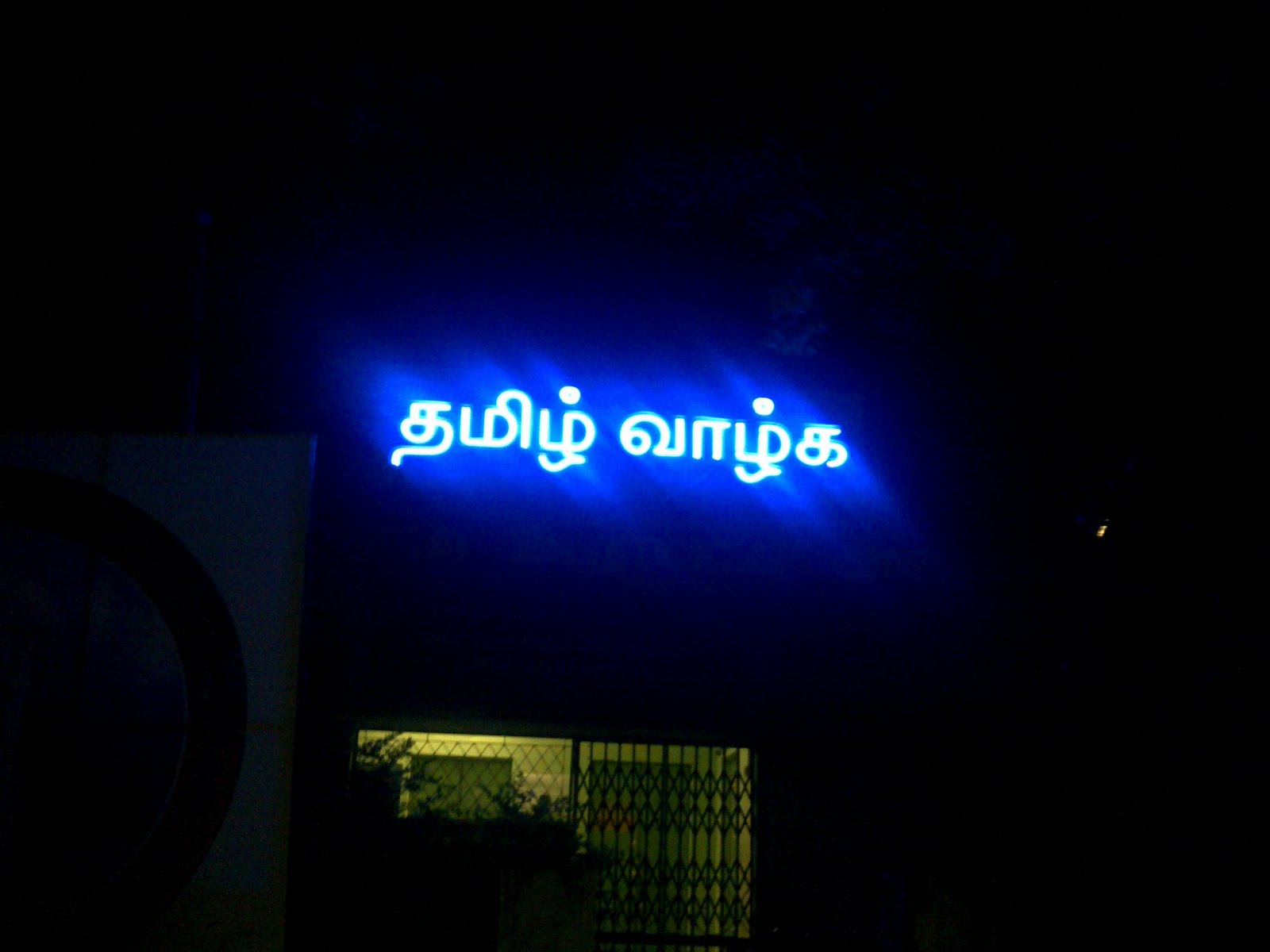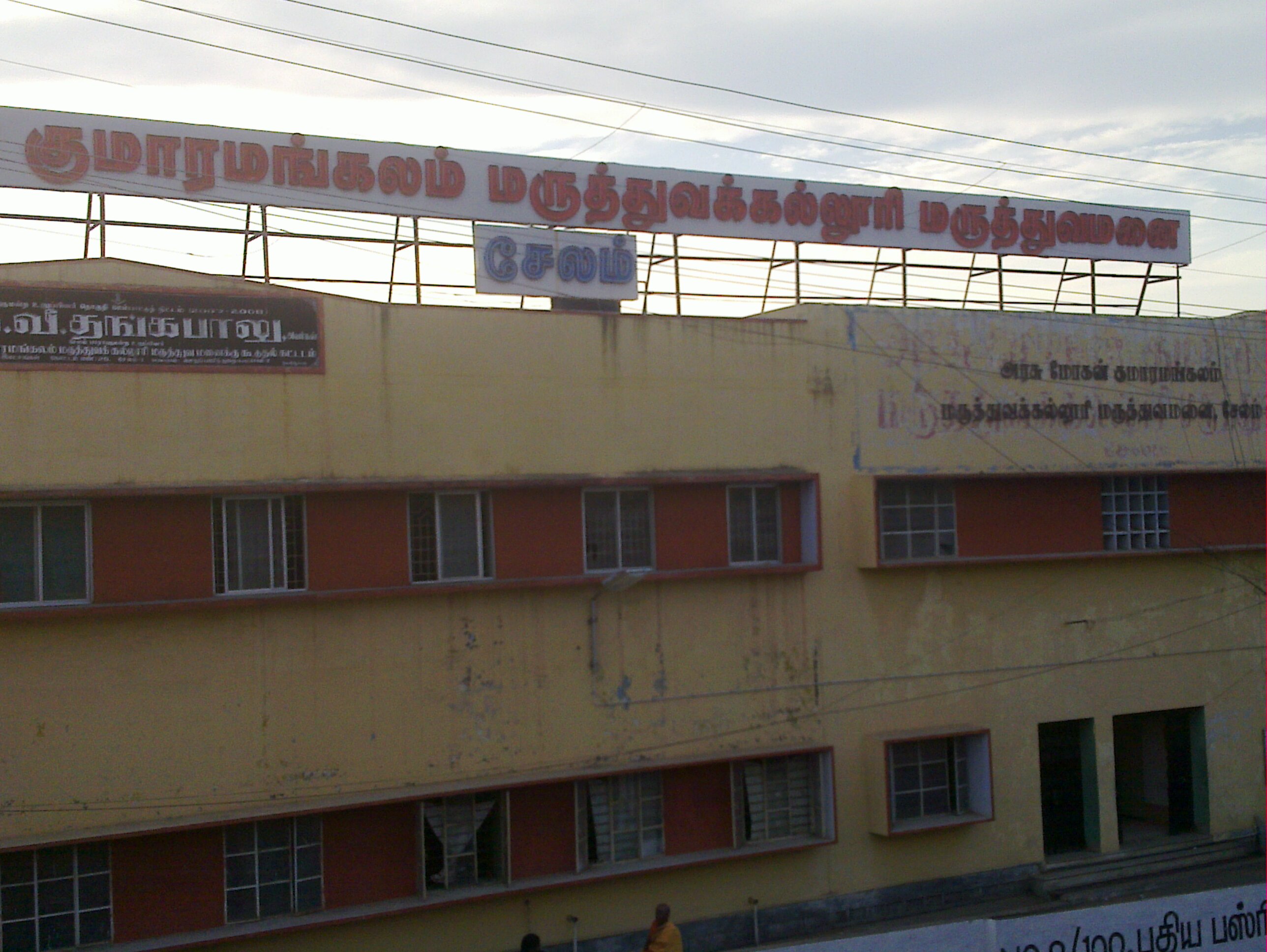|
Tanittamil Iyakkam
( ta, தனித்தமிழ் இயக்கம், , Independent Tamil Movement) is a linguistic-purity movement in Tamil literature which attempts to avoid loanwords from Sanskrit, English and other languages. The movement began in the writings of Maraimalai Adigal, Paventhar Bharathidasan, Devaneya Pavanar, and Pavalareru Perunchitthiranaar, and was propagated in the ''Thenmozhi'' literary magazine founded by Pavalareru Perunchithiranar. V. G. Suryanarayana Sastri (popularly known as Parithimar Kalaignar), a professor, was a 19th-century figure in the movement; in 1902 he demanded classical-language status for Tamil, which it received in 2004. Movement The modern revival of the Tamil Purist Movement (also known as the Pure Tamil Movement) is attributed to Maraimalai Adigal, who publicly pledged to defend pure Tamil in 1916. Advocates of purism popularised Tamil literature and advocated for it, organising rallies in villages and towns and making Tamil purism a ... [...More Info...] [...Related Items...] OR: [Wikipedia] [Google] [Baidu] |
Bharathidasan (cropped)
Bharathidasan Birth name: K. Subburathinam, the person's given name: Subburathinam, father's given name: Kanagasabai. (K. Subburathinam by the prevalent patronymic initials as prefix naming system in Tamil Nadu and it is Subburathinam Kanagasabai by the patronymic suffix naming system.) He named himself "Bharathi dasan" meaning follower or adherent of Bharathi, and he is predominantly known as Bharathidasan. (IPA: ; born K. Subburathinam 29 April 1891 – 21 April 1964), was a 20th-century Tamil poet and rationalist writer whose literary works handled mostly socio-political issues. He was deeply influenced by the Tamil poet Subramania Bharathi and named himself "Bharathi dasan" meaning follower or adherent of Bharathi. His greatest influence was Periyar and his self-respect movement. Bharathidasan's writings served as a catalyst for the growth of the Self-Respect Movement in Tamil Nadu. In addition to poetry, his views found expression in other forms such as plays, film ... [...More Info...] [...Related Items...] OR: [Wikipedia] [Google] [Baidu] |
Indian National Congress
The Indian National Congress (INC), colloquially the Congress Party but often simply the Congress, is a political party in India with widespread roots. Founded in 1885, it was the first modern nationalist movement to emerge in the British Empire in Asia and Africa. From the late 19th century, and especially after 1920, under the leadership of Mahatma Gandhi, the Congress became the principal leader of the Indian independence movement. The Congress led India to independence from the United Kingdom, and significantly influenced other anti-colonial nationalist movements in the British Empire. Congress is one of the two major political parties in India, along with its main rival the Bharatiya Janata Party. It is a "big tent" party whose platform is generally considered to lie in the centre to of Indian politics. After Indian independence in 1947, Congress emerged as a catch-all and secular party, dominating Indian politics for the next 20 years. The party's first prime min ... [...More Info...] [...Related Items...] OR: [Wikipedia] [Google] [Baidu] |
Tamil-language Literature
Tamil (; ' , ) is a Dravidian language natively spoken by the Tamil people of South Asia. Tamil is an official language of the Indian state of Tamil Nadu, the sovereign nations of Sri Lanka and Singapore, and the Indian territory of Puducherry. Tamil is also spoken by significant minorities in the four other South Indian states of Kerala, Karnataka, Andhra Pradesh and Telangana, and the Union Territory of the Andaman and Nicobar Islands. It is also spoken by the Tamil diaspora found in many countries, including Malaysia, Myanmar, South Africa, United Kingdom, United States, Canada, Australia and Mauritius. Tamil is also natively spoken by Sri Lankan Moors. One of 22 scheduled languages in the Constitution of India, Tamil was the first to be classified as a classical language of India. Tamil is one of the longest-surviving classical languages of India.. "Tamil is one of the two longest-surviving classical languages in India" (p. 7). A. K. Ramanujan described it as "the on ... [...More Info...] [...Related Items...] OR: [Wikipedia] [Google] [Baidu] |
The Primary Classical Language Of The World
Devaneya Pavanar (also known as G. Devaneyan, Ñanamuttan Tevaneyan; 7 February 1902 – 15 January 1981) was a prominent Tamil scholar who wrote over 35 research volumes. Additionally, he was a staunch proponent of the "Pure Tamil movement" and initiated the Etymological Dictionary Project primarily to bring out the roots of Tamil words and their connections and ramifications with Nostratic studies. In his 1966 ''Primary Classical language of the World'', he argues that the Tamil language is the "most natural" (') and also a proto-world language, being the oldest (') language of the world, from which all other major languages of the world are derived. He believed that its literature, later called Sangam literature and usually considered to have been written from 200 BCE and 300 CE, spanned a huge period from 10,000 to 5,500 BCE. Mainstream linguists, geologists and historians do not subscribe to his theories. Devaneya Pavanar composed many musical pieces (''Isaik kalambakam' ... [...More Info...] [...Related Items...] OR: [Wikipedia] [Google] [Baidu] |
Meitei Classical Language Movement
The social movement of Meitei language (officially known as Manipuri language) to achieve the officially recognised status of the "Classical language of India" is advocated by various literary, political, social associations and organisations as well as notable individual personalities of Bangladesh, Myanmar, Northeast India (prominently Assam, Manipur and Tripura). Chungkham Yashawanta, Professor of the Department of Linguistics, Manipur University, is of the opinion that the very social movement is not an easy task, having no room for agitation, and is of purely academic work, needing linguists, historians, archeologists, anthropologists and literary persons. However, Dr. Moirangthem Nara, a former Cabinet Minister for Arts and Culture and Sericulture of the Government of Manipur and a Member of Manipur Legislative Assembly, is of the opinion that no demands could be met in India and Manipur without any agitation and so, agitations are required to the demand of Meitei lan ... [...More Info...] [...Related Items...] OR: [Wikipedia] [Google] [Baidu] |
Anti-Hindi Agitations
The anti-Hindi-imposition agitations in Tamil Nadu were a series of agitations that happened in the Indian state of Tamil Nadu (formerly Madras State and part of Madras Presidency) during both pre- and post-independence periods. The agitations involved several mass protests, riots, student and political movements in Tamil Nadu concerning the official status of Hindi in the state. The first anti-Hindi-imposition agitation was launched in 1937, in opposition to the introduction of compulsory teaching of Hindi in the schools of Madras Presidency by the first Indian National Congress government led by C. Rajagopalachari (Rajaji). This move was immediately opposed by E. V. Ramasamy (Periyar) and the opposition Justice Party. The agitation, which lasted three years, was multifaceted and involved fasts, conferences, marches, picketing and protests. The government responded with a crackdown resulting in the deaths of two protesters and the arrests of 1,198 persons including women a ... [...More Info...] [...Related Items...] OR: [Wikipedia] [Google] [Baidu] |
C N Annadurai
Conjeevaram Natarajan Annadurai (15 September 1909 – 3 February 1969), popularly known as Anna also known as Arignar Anna or Perarignar Anna (''Anna, the scholar'' or ''Elder Brother''), was an Indian Tamil politician who served as the fourth and last Chief Minister of Madras State from 1967 until 1969 and first Chief Minister of Tamil Nadu for 20 days (after Madras State was renamed Tamil Nadu) before his death. He was the first member of a Dravidian party to hold either post. He was well known for his oratorical skills and was an acclaimed writer in the Tamil language. He scripted and acted in several plays. Some of his plays were later made into movies. He was the first politician from the Dravidian parties to use Tamil cinema extensively for political propaganda. Born in a middle-class family, he first worked as a school teacher, then moved into the political scene of the Madras Presidency as a journalist. He edited several political journals and enrolled as a memb ... [...More Info...] [...Related Items...] OR: [Wikipedia] [Google] [Baidu] |
Dravida Munnetra Kazhagam
The Dravida Munnetra Kazhagam (; DMK) is a political party based in the state of Tamil Nadu where it is currently the ruling party having a comfortable majority without coalition support and the union territory of Puducherry where it is currently the main opposition. It is also one of the two main political parties in Tamil Nadu, along with the rival All India Anna Dravida Munnetra Kazhagam. Since the 2021 state election, it has been the ruling party of Tamil Nadu. The DMK was founded on 17 September 1949 by the former chief minister of Tamil Nadu C. N. Annadurai (Anna) as a breakaway faction from the Dravidar Kazhagam headed by E. V. Ramasami (Periyar). DMK was headed by Annadurai as the general secretary from 1949 until his death on 4 February 1969. He also served as the chief minister of Tamil Nadu from 1967 to 1969. Under Annadurai, in 1967, DMK became the first party, other than the Indian National Congress, to win the state-level elections with a clear majority on i ... [...More Info...] [...Related Items...] OR: [Wikipedia] [Google] [Baidu] |
Tamil Nationalism
Tamil nationalism is the ideology which asserts that the Tamil people constitute a nation and promotes the cultural unity of Tamil people. Tamil nationalism is primarily a secular nationalism, that focus on language and homeland. It expresses itself in the form of linguistic purism (" Pure Tamil"), nationalism and irredentism (" Tamil Eelam"), Social equality (" Self-Respect Movement") and Tamil Renaissance. Originally, Tamil people ruled in Tamilakam and parts of Sri Lanka. During the colonial period, the Tamil areas came under the rule of British India and Ceylon. This saw the end of the sovereignty of Tamils and reduced them to minority status under a political model implemented during the British Raj. Since the independence of India and Sri Lanka, Tamil separatist movements have been actively suppressed in both countries. Sri Lanka Since the adoption of the Vaddukoddai Resolution in 1976 under the leadership of S.J.V. Chelvanayakam, Tamil nationalists in Sri Lanka have ... [...More Info...] [...Related Items...] OR: [Wikipedia] [Google] [Baidu] |
Sanskritisation
Sanskritisation (or Sanskritization) is a term in sociology which refers to the process by which castes or tribes placed lower in the caste hierarchy seek 'upward' mobility by emulating the rituals and practices of the dominant castes or upper castes. It is a process similar to "passing" in sociological terms. This term was made popular by Indian sociologist M. N. Srinivas in the 1950s. In a broader sense, also called Brahmanisation, it is a historical process in which "local" Indian religious traditions become syncretised, or aligned to and absorbed within the Brahmanical religion, resulting in the pan-Indian religion of Hinduism. Definition Srinivas defined ''Sanskritisation'' as a process by which In a broader sense, Sanskritisation is In this process, local traditions ("little traditions") become integrated into the "great tradition" of Brahmanical religion, disseminating Sanskrit texts and Brahmanical ideas throughout India, and abroad. This facilitated the devel ... [...More Info...] [...Related Items...] OR: [Wikipedia] [Google] [Baidu] |
Anti-Hindi Agitations Of Tamil Nadu
The anti-Hindi-imposition agitations in Tamil Nadu were a series of agitations that happened in the Indian state of Tamil Nadu (formerly Madras State and part of Madras Presidency) during both pre- and post-independence periods. The agitations involved several mass protests, riots, student and political movements in Tamil Nadu concerning the official status of Hindi in the state. The first anti-Hindi-imposition agitation was launched in 1937, in opposition to the introduction of compulsory teaching of Hindi in the schools of Madras Presidency by the first Indian National Congress government led by C. Rajagopalachari (Rajaji). This move was immediately opposed by E. V. Ramasamy (Periyar) and the opposition Justice Party. The agitation, which lasted three years, was multifaceted and involved fasts, conferences, marches, picketing and protests. The government responded with a crackdown resulting in the deaths of two protesters and the arrests of 1,198 persons including women a ... [...More Info...] [...Related Items...] OR: [Wikipedia] [Google] [Baidu] |
Mohan Kumaramangalam
Surendra Mohan Kumaramangalam ( ta, சுரேந்திர மோகன் குமாரமங்கலம்) (1 November 1916 — 30 May 1973) was an Indian politician and communist theorist who was a member of the Communist Party of India, and later, the Indian National Congress.He also served as Advocate-General for Madras State from 1966 to 1967. Kumaramangalam was killed in the crash of Indian Airlines Flight 440 on May 31 1973 at the age of 56. Early life and education Mohan Kumaramangalam was born in London to P. Subbarayan, then ''zamindar'' of Kumaramangalam in Thiruchengode Taluk, Namakkal district and later, Chief Minister of Madras Presidency and his wife, Radhabai Subbarayan on 1 November 1916. He was their third and youngest son, Paramasiva Prabhakar Kumaramangalam and Gopal Kumaramangalam being elder to him. Kumaramangalam was educated at Eton and King's College, Cambridge, serving as President of the Cambridge Union Society in 1938. During his period ... [...More Info...] [...Related Items...] OR: [Wikipedia] [Google] [Baidu] |
.jpg)







